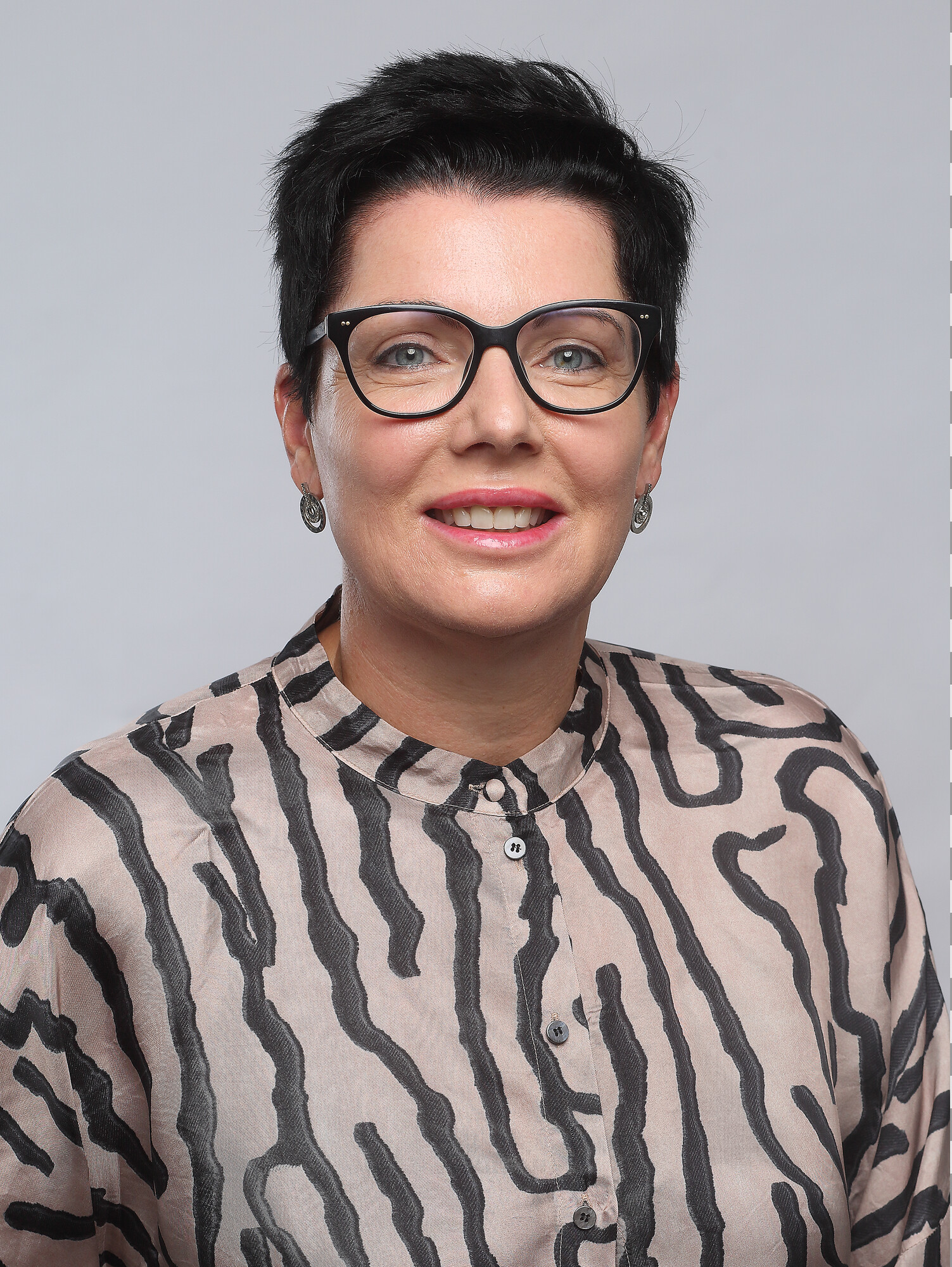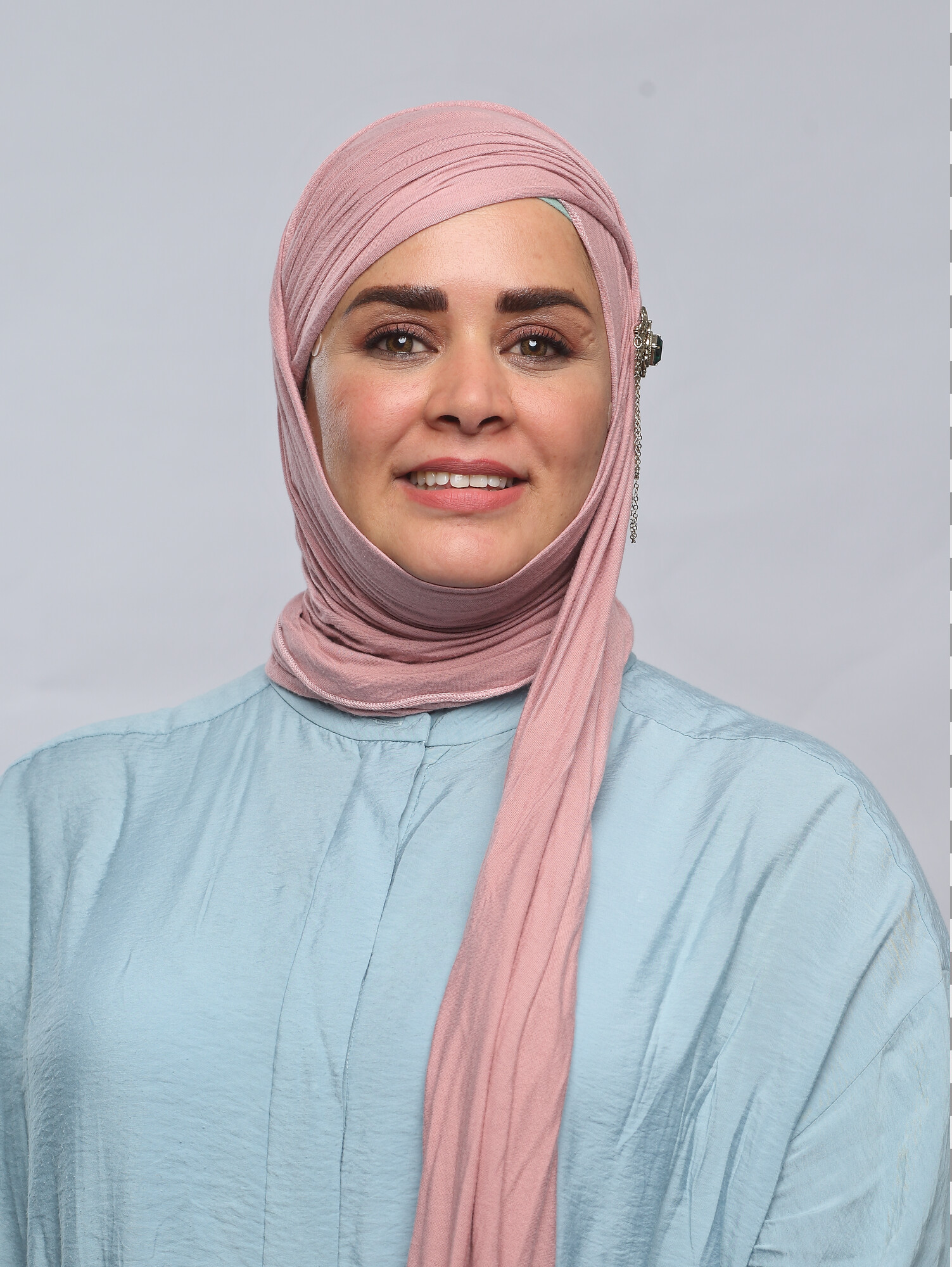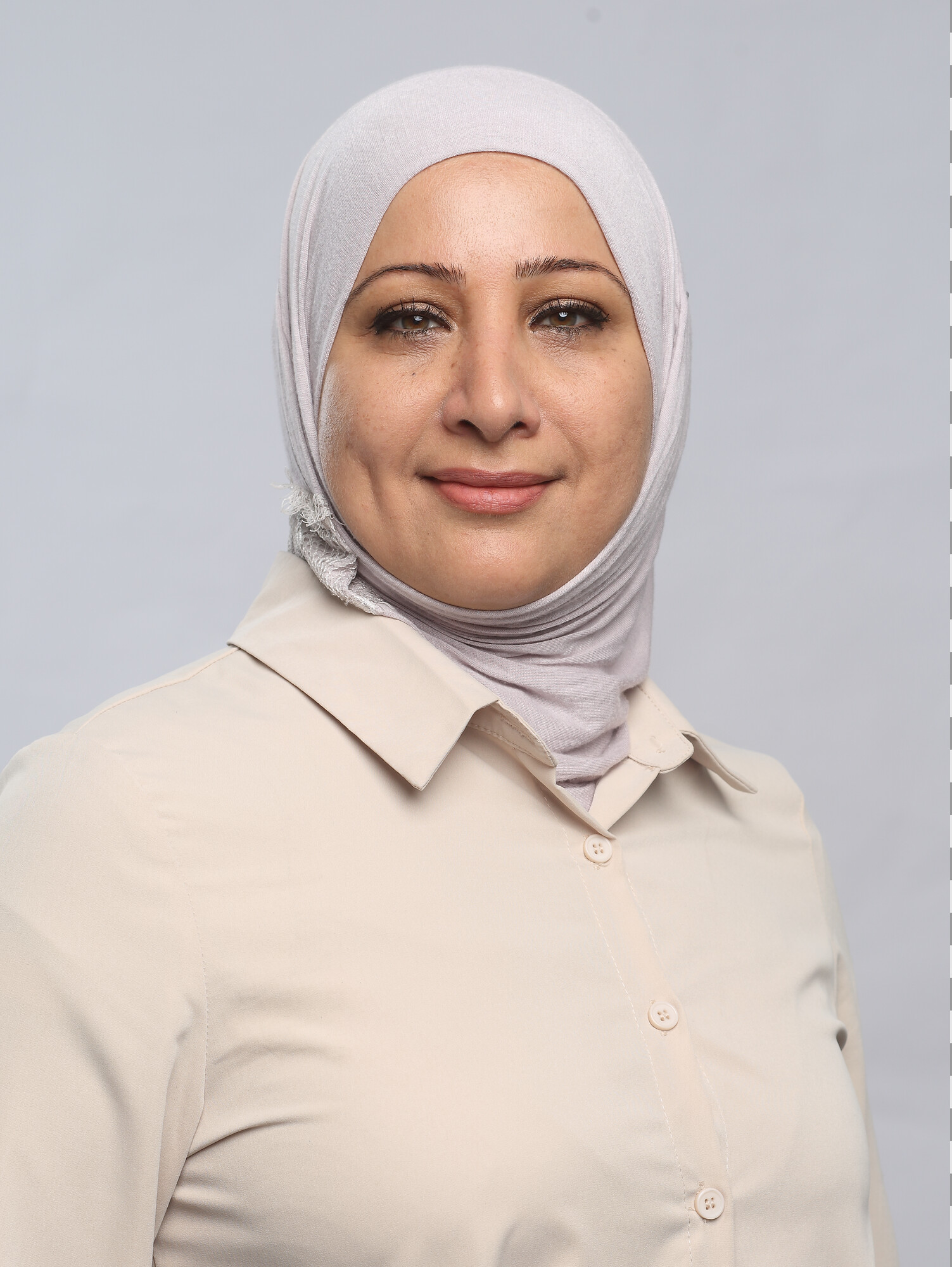Visceral and Minimally Invasive Interventions
Over the last few years, in addition to general emergency surgery, the Clinic for General, Vascular and Visceral Surgery has developed a lot of treatment specialities.

Visceral and Minimally Invasive Interventions in Germany
Range of treatments
- Colorectal surgery – certified intestinal cancer center
- Oncological surgery
- Minimally invasive interventions
- Geriatric surgery
Colorectal surgery – certified intestinal cancer center
Malignant diseases of the large intestine and rectum are the most common tumoral diseases when both sexes are considered. Consequently, tumoral surgery is the most common type of intervention on the large intestine and rectum. To cope with the demands of this tumoral disease, an Intestinal Cancer Center, which has in the last year met the strict certification criteria of the German Cancer Society and has provided evidence of the quality of its results during an external assessment, was established at the Evangelisches Waldkrankenhaus Spandau operated by Johannesstift Diakonie in Spandau.
Although surgery and thus tumor removal constitute the main part of the treatment process for most patients with cancer of the large intestine or rectum, the tumor conference constitutes the most important element of treatment planning at the Intestinal Cancer Center. At this all the patient's results and findings are brought together and all specialists who might possibly be involved with the treatment, for example gastroenterologists, oncologists, radiotherapists, radiologists, pathologists and abdominal surgeons, come together to determine the individual treatment plan for the patient. Even if not all patients are operated on immediately, the surgical removal of the tumor forms an integral part of treatment planning for most patients and the operations are carried out at the Evangelisches Waldkrankenhaus Spandau by specialized and particularly experienced surgeons. In so doing, the current guidelines of the specialist surgery associations are implemented and, where relevant and possible, operations are carried out using minimally invasive techniques. In order to ensure that the latest treatment options are available to our patients, we are participating in several scientific studies whose contents have been approved by the German Cancer Society and which will further improve the treatment of cancer of the large intestine and rectum.
In addition to modern surgical methods, all possible aspects of a quick recovery from surgical procedures are considered at the Evangelisches Waldkrankenhaus Spandau. Thus, all patients are supported with a modified "fast track" plan during their recovery from surgical removal of the intestines. Specialized pain relief as part of the "pain-free hospital" initiative as well as early mobilization by specialized physiotherapists and the earliest possible diet restoration are particularly important. In this way, patients are often able to stand up on the day of the operation, sit in an armchair and possibly have a small amount to eat or drink. In addition to enhancing personal well-being, the rate of complications occurring with surgery has been significantly reduced and treatment safety increased.
As well as malignant diseases of the large intestine and rectum, benign diseases such as benign inflammation (diverticulitis) and chronic inflammatory intestinal diseases (Crohn’s disease and ulcerative colitis) are also treated surgically. In the case of these diseases, the same principles apply as for the treatment of malignant tumors, which is particularly helpful for patients with unclear results and possibly small malignant tumors concealed within areas of inflammation, since even the first procedure is carried out as though it were a tumoral operation and so no further operation has to take place if a tumor at an early stage is detected within the inflamed area.
Oncological surgery
Oncological surgery, particularly of the upper abdominal organs, includes the surgical removal of malignant tumors in the region of the esophagus, stomach, liver, bile ducts, pancreas, spleen and adrenal glands. As at the certified intestinal center, individualized treatment plans are produced during the tumor conference and then implemented for every patient.
Following establishment of the oncological specialty at the Evangelisches Waldkrankenhaus Spandau, the necessary minimum numbers of esophageal operations and pancreatic operations were reached within 2 years and the Evangelisches Waldkrankenhaus Spandau is thus one of the few hospitals in Berlin, with the exception of the University, to be able to offer the full range of tumoral surgery with a high level of safety and good success rates.
Particularly in the case of esophageal and gastric cancers, a neoadjuvant treatment plan in which drug and/or radiotherapy is used prior to the surgical removal of a tumor in order to treat tumors and any microscopic metastases which have not yet resulted in secondary tumors anywhere in the body has now been implemented. After the surgical removal of a tumor, drug treatment follows for a limited period of time in many cases in order to ensure and improve the success of the operation. In this way, clear improvements in survival rates with malignant tumors of the esophagus and stomach have been achieved for patients while maintaining the same level of treatment safety.
For surgery of the liver and bile ducts in the case of both benign diseases as well as malignant tumors, particular instruments and equipment are required in addition to considerable experience on the part of the surgeons in order to be able to carry out the necessary interventions for the removal of the relevant tumors. At the Evangelisches Waldkrankenhaus Spandau, the necessary investments have been made in recent years in order to ensure that the most up-to-date techniques and surgical procedures are available to patients at any time. Thus, at the Evangelisches Waldkrankenhaus Spandau, both metastases of other tumors in the liver as well as the liver’s own tumors such as hepatocellular carcinomas (hepatic cancer) or cholangiocellular carcinomas (tumors of the bile ducts) are surgically removed. Except in the case of esophageal and gastric tumors where prior treatment has still not been established for these tumors, so surgery continues to be of primary importance.
The same applies to tumors of the pancreas, which constitute an area of special interest at the Evangelisches Waldkrankenhaus Spandau. Because of the considerable experience with conventional and minimally invasive surgical methods in the area of pancreatic surgery, all surgical procedures required for the treatment of benign and malignant diseases of the pancreas are carried out at the Evangelisches Waldkrankenhaus Spandau and the minimum number of operations required for the purposes of quality assurance as in the case of esophageal surgery (see above) is exceeded.
Minimally invasive interventions
At the center for minimally invasive interventions, advanced minimally invasive surgical procedures (operations performed by means of keyhole surgery) are used in many areas of general surgery. As in the case of hepatic surgery, highly modern and specialized technology is required in order to be able to assure patients of the benefits of this surgical procedure. At the Evangelisches Waldkrankenhaus Spandau, the necessary technical conditions are created in order to ensure that minimally invasive techniques are used for a number of operations.
In addition to offering a clearly better cosmetic result, minimally invasive surgical methods provide patients with additional benefits. The time to recover from surgery is usually significantly shorter and patients can leave hospital more quickly and be rehabilitated significantly more quickly (i.e. they can, for example, return to work).
Particularly in the case of those diseases which most frequently require surgery (inguinal hernia, gallstones and appendicitis), minimally invasive surgical procedures have now been introduced in modern clinics, and we perform more than five hundred operations with minimally invasive techniques every year in our clinic. Because of the clearly less onerous nature of minimally invasive techniques, many operations can also be performed in an outpatient setting; that is to say, patients come for an operation in the morning and are able to leave the clinic again in the evening if they show signs of a good recovery.
The range of minimally invasive operations offered at the Evangelisches Waldkrankenhaus Spandau includes removal of the gallbladder where gallstones are present (cholecystectomy), removal of the appendix in the event of acute or chronic inflammation (appendectomy), repair of inguinal, umbilical and incisional hernias (herniotomy), repair of diaphragmatic hernias for the treatment of reflux diseases (fundoplication), removal of parts of the large intestine with inflammatory diseases of the large intestine (diverticulitis) or malignant tumors (colon carcinoma), repair of perforation of the stomach in the case of ulcerative diseases (gastric perforation), the lysis of adhesions in the abdominal region after prior operation (adhesiolysis) and laparoscopy for the diagnosis of abdominal complaints of unclear origin (diagnostic laparoscopy).
Geriatric surgery
Improvements in living conditions have resulted in people living for increasingly longer periods of time in many countries. However, in the last few decades, it has been found that surgery in the elderly and very elderly is associated with specific problems. In particular, many of the patients are in a poorer general state of health prior to an operation than is the case with younger patients.
In order to cope with this situation, a plan for specific preparation of the elderly and very elderly prior to surgical procedures and the provision of specialist aftercare following operations has been developed in conjunction with the Clinic for Geriatric Medicine (Geriatrics) and the Clinical for General, Vascular and Visceral Surgery. It includes a preliminary geriatric examination, the remediation of nutritional deficiencies (where relevant) and preoperative respiratory training (where relevant).
After operations, elderly and very elderly patients are rehabilitated early in a specialist inpatient unit and are prepared here for quick and successful discharge to their home with physio- and ergotherapy as well as plans appropriate for elderly people. By adopting a joint and interdisciplinary approach towards work with the patient, a surgical procedure can thus be carried out in a way that is clearly quicker and less onerous for many elderly patients, allowing patients to recover more quickly and leave hospital earlier



